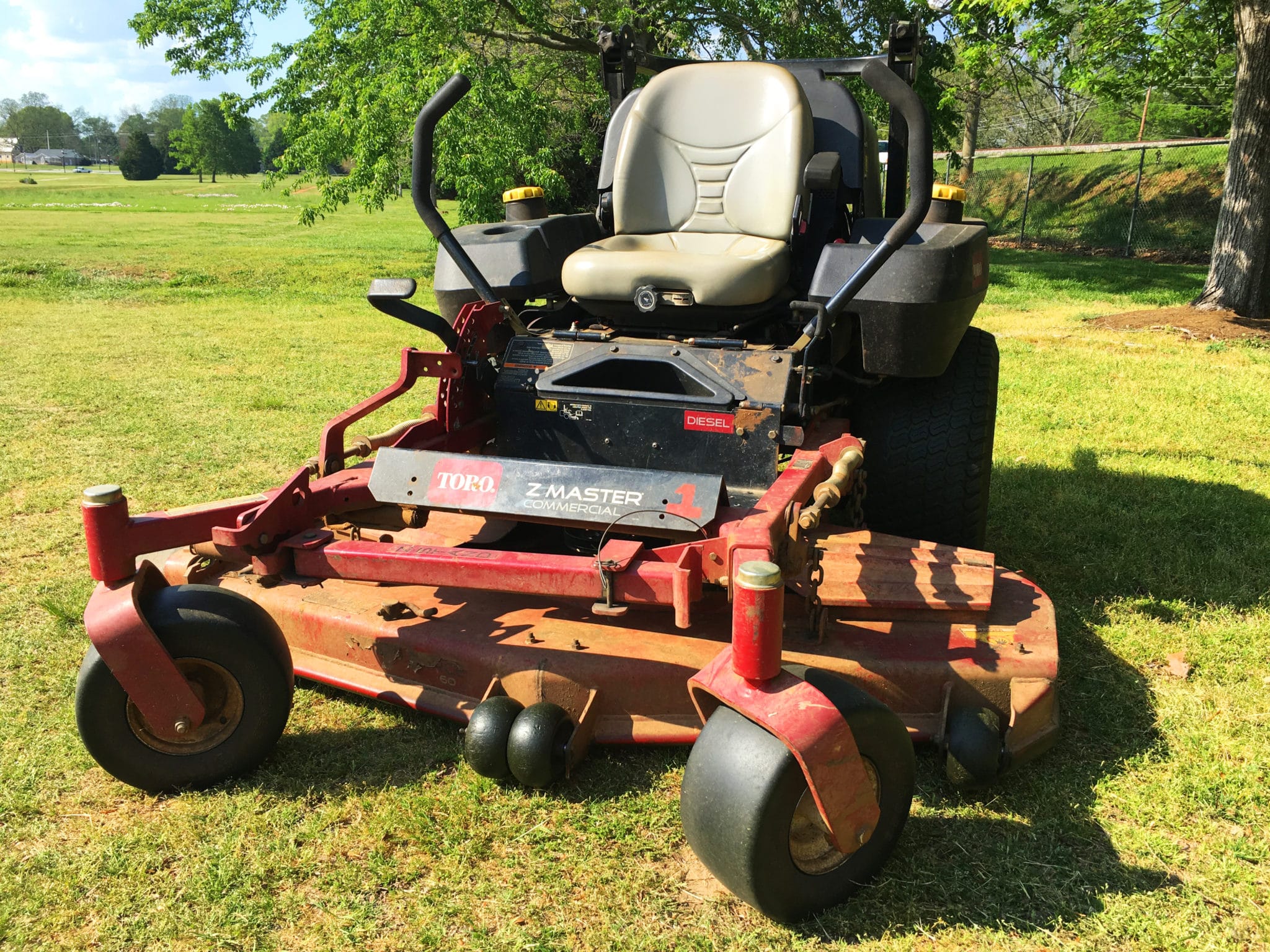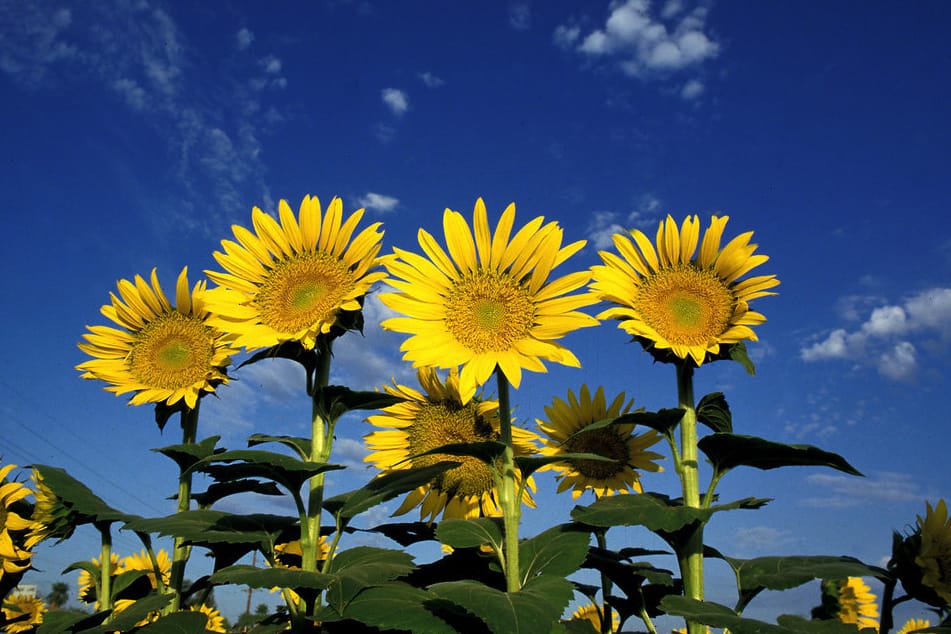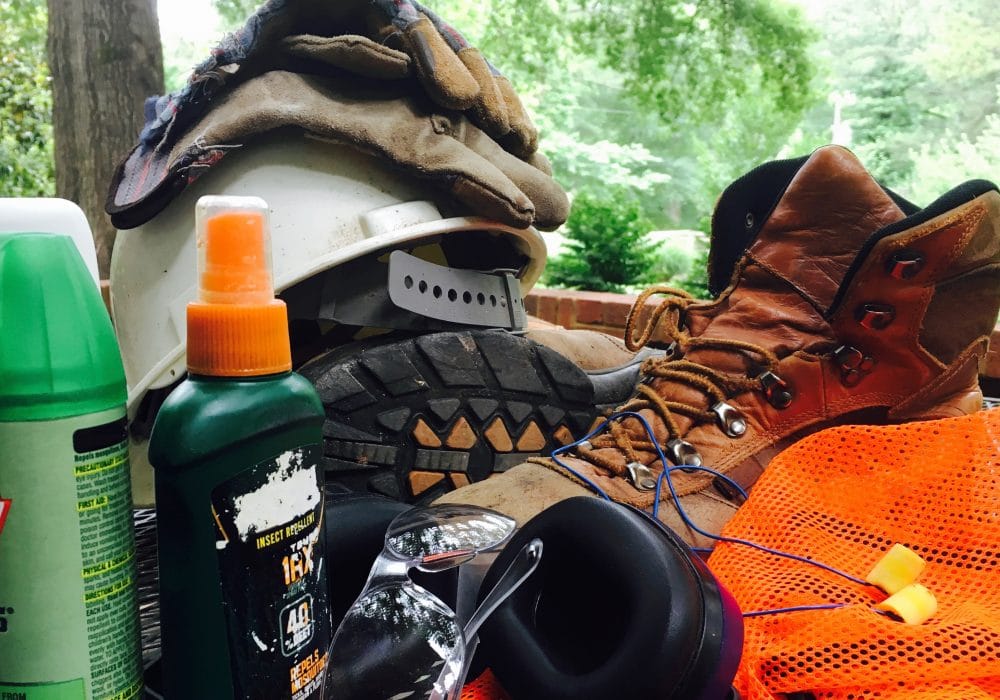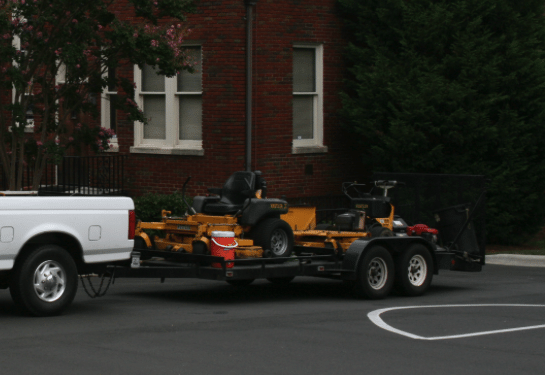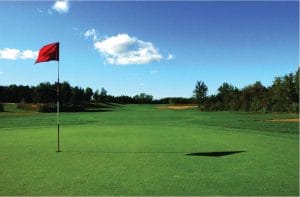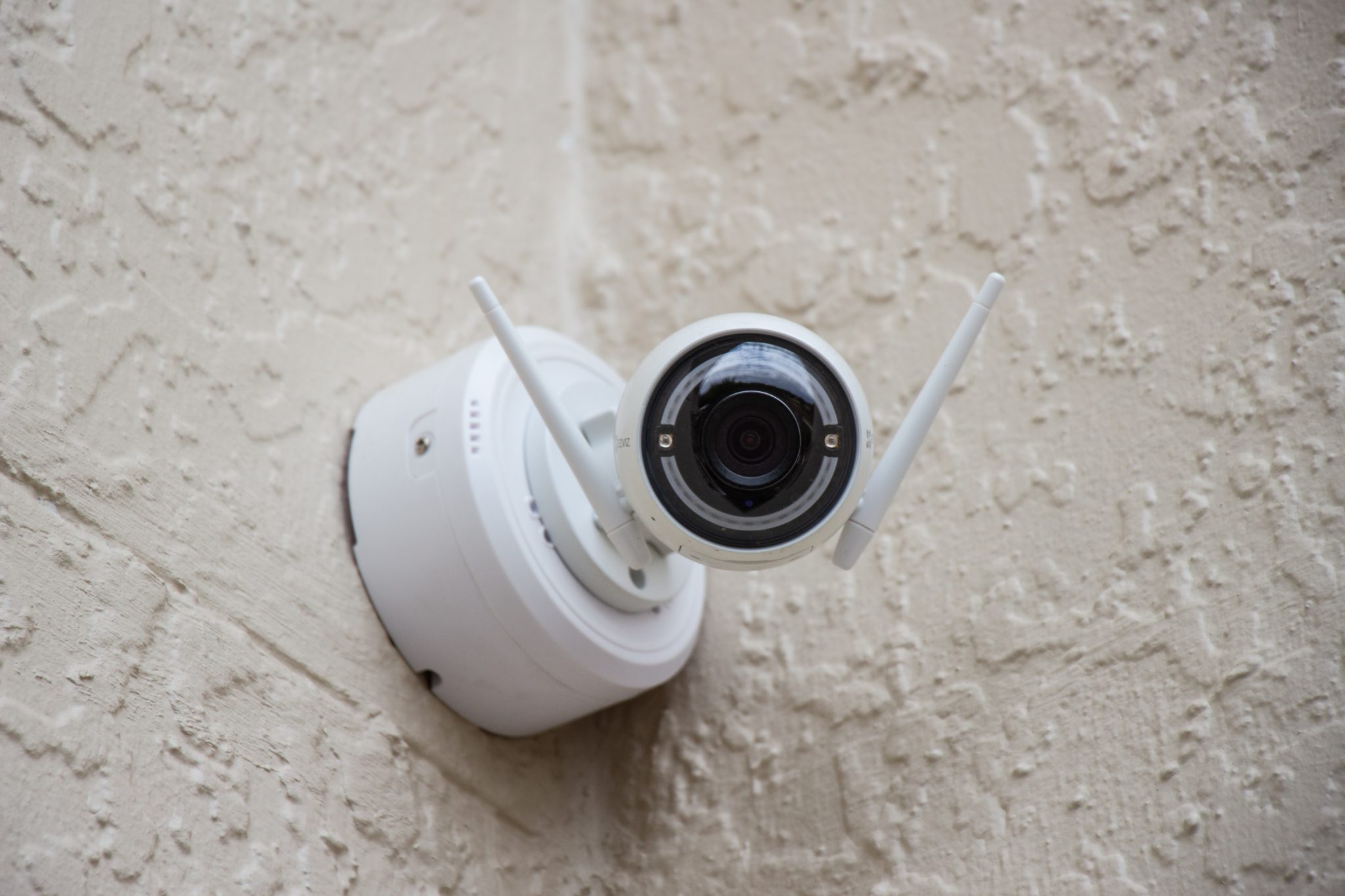 Spring Equipment Theft
Spring Equipment Theft
Each spring, as the demand for landscape services swings into high gear, equipment theft escalates. Several members of the Georgia Green Industry Association and the Georgia Urban Ag Council report having their businesses hit with equipment theft. Criminals are stealing equipment in storage and on the job.
Here are some general equipment theft prevention strategies to consider:
- Train employees on company procedures to deter equipment theft. In addition, discuss what to do in the event of a theft or robbery.
- Take inventory: Establish routine equipment inventory. Keep documentation and photo records of serial numbers and models.
- Parking strategy: Be strategic about where you park your vehicle on each jobsite or lunch destination. Park in well lighted locations visible to the work crew and avoid leaving equipment unattended in back lots or hidden areas that are conducive to theft. Position trailers so they aren’t easily accessed or swapped to another vehicle.
- Reposition vehicles on large properties: Avoid leaving trucks far away from workers on large properties and keep trucks close.
- Deterrents: Lock vehicles, trailers, trailer tongues, and secure equipment when unattended. Don’t leave keys in trucks or commercial mowers.
- Security Cameras: If site has security cameras park where equipment can be seen by cameras. Install security cameras and sensor beams on storage areas.
- Tracking Devices: Install tracking devices on large equipment.
- Be Alert: Pay attention to suspicious activity.
- Insurance: Review your policy and ask your insurance provider about theft prevention.
- Communicate with local law enforcement about landscape equipment theft or suspicious activity in your area.
Professional organizations play an important role in helping to find solutions to the issues of equipment theft at worksites, offices, and storage facilities. Supporting these entities through membership and communication strengthens industry efforts to combat crime. The Georgia Urban Ag Council maintains a Twitter account titled “GA Landscape Thefts” to compile information, articles, and reports from owners and residents experiencing equipment theft. Armed with this data, the UAC hopes to assist law enforcement agencies, equipment manufacturers, and suppliers in determining a course of action to reduce losses.
